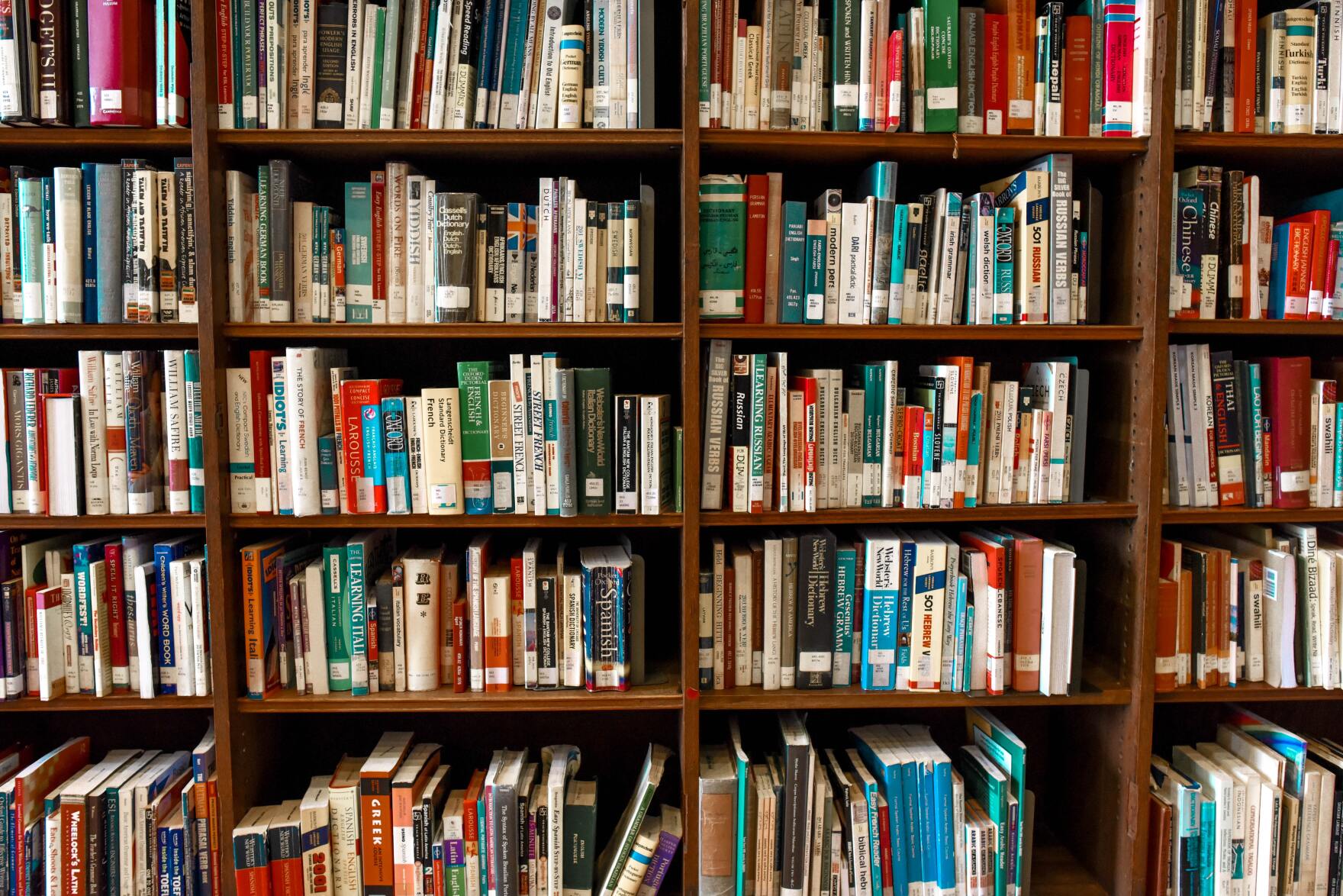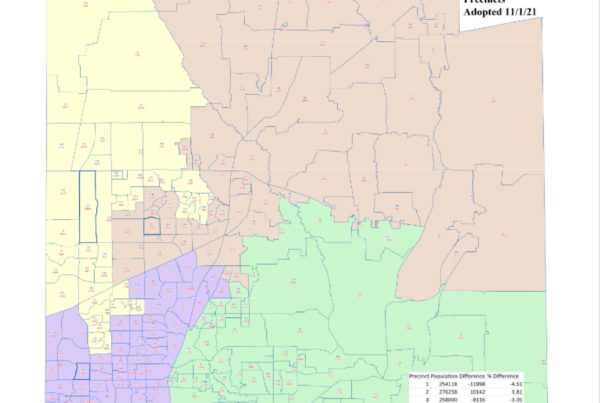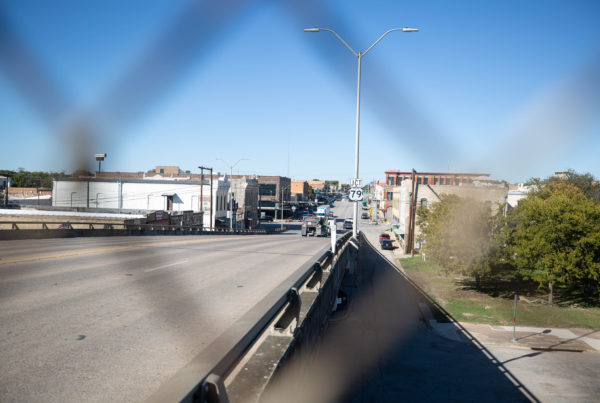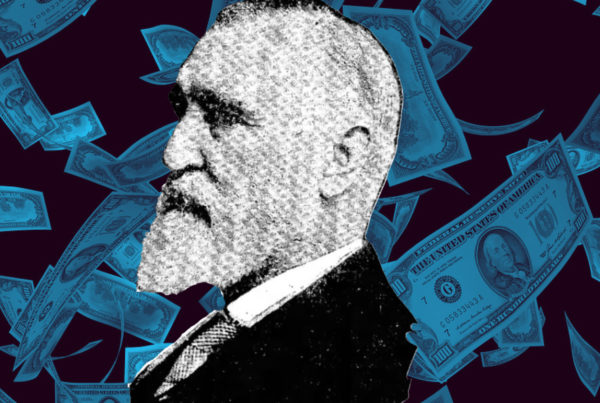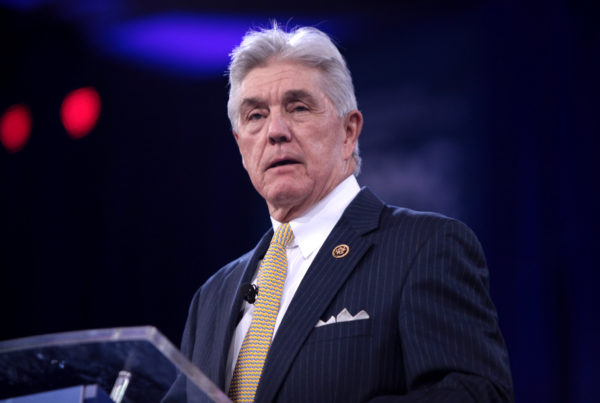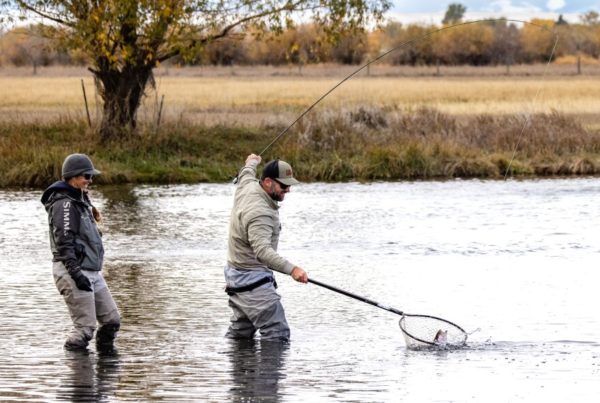In February, a parent brought a strap-on dildo to a Leander Independent School District board meeting. She railed against a book in the school’s library, “In the Dream House.”
“‘In the Dream House’ is so explicit that introducing it to minors probably constitutes child abuse under Texas law, putting us, putting a lot of us in the position of reporting to Child Protective Services,” she said.
She then plopped the dildo onto the podium.
“It’s a strap-on dildo,” she explained, before reading a passage from the book: “‘She shaves her c*nt smooth, and it glows like the inside of a conch shell. She loves wearing a harness. You suck her off that way, and she c*ms like it’s real…’”
In November, Texas Gov. Greg Abbott called for an investigation into supposed “pornography” in school library catalogues. In a letter to the Texas Education Agency, he honed in on books about the experiences of LGBTQ+ people, including “In The Dream House.”
Carmen Maria Machado wrote the book.
“Whenever the book is quoted… it’s always the sex scenes that are sort of highlighted,” she said.
But, she stressed, ‘In the Dream House’ is a memoir about more than sex.
“It’s about a lot of things, including a time that I spent in an abusive relationship with another woman,” she said. “So, it’s a memoir and a book exploring abuse in same sex relationships and the phenomenon of it and why it’s not talked about.”
She thinks that’s a big reason the story resonates with so many readers.
“I still receive dozens of messages a week from people saying, you know, ‘This book was really important to me. This book helped me leave a bad relationship. This book helped me, gave me some perspective.’”
There’s been similar positive response to “Gender Queer: a Memoir” according to its author and illustrator Maia Kobabe. The graphic novel has also been targeted by Gov. Greg Abbott.
Kobabe, whose pronouns are e/em/eir, described it as a memoir about growing up with questions and confusion around gender and sexuality.
“I also was actively questioning these things,” e said. “And I think having a book like this would have helped me so much. Having a book like this could have shortened the years that I spent not knowing who I was, and could have maybe helped me figure out a lot of things sooner.”
The book also includes a sex scene between two consenting adults.
“The whole point of this brief scene is to say this was a step of my coming out journey of gender identity,” e said. “When people are calling the book pornographic, it’s definitely one of those moments where it’s like, I think that you’re taking one panel out of context.”
Kobabe added that many critics don’t seem to have read the book.
“This is really a story about being honest about yourself, being open about yourself and the challenges and joys of really showing your true self to your community,” e said.
Librarians are often caught at the center of these debates. Mary Woodward, president-elect of the Texas Library Association, said she tells concerned parents that school libraries should serve the whole community.
“Part of what we do is we provide resources that reflect the communities that we serve, so if there are books that reflect LGBTQ viewpoints, it’s because we have those students in our libraries,” she said.
Barbara Jansen, with UT Austin’s librarian certificate program, said including a diverse collection of voices and experiences in a catalogue is about more than just being tolerant.
“It’s about actually embracing and celebrating the richness and uniqueness of each of us,” she said. “The library: It’s long been recognized as the, I think, the most trusted environment in which discovery and exploration of these differences should and can take place.”
In separate interviews, both librarians quoted Rudine Sims Bishop, a literature researcher.
“She said that books are sometimes windows that offer views into worlds that are real or imagined. But they can also be sliding glass doors, where the reader only has to walk through to become part of the world that the author created,” Woodward said. “But when lighting conditions are right, sometimes windows can become mirrors.”
“It reflects that human experience back to us,” Jansen said. “And in that reflection, we see our own lives. Kids see their own lives, and they see that their experiences are really part of this larger human experience. They see where they fit in.”
That’s why librarians across the state and country are so worried to see book catalogs caught up in the latest culture wars. They want to keep the mirrors polished, sliding doors opened and windows unshuttered.


